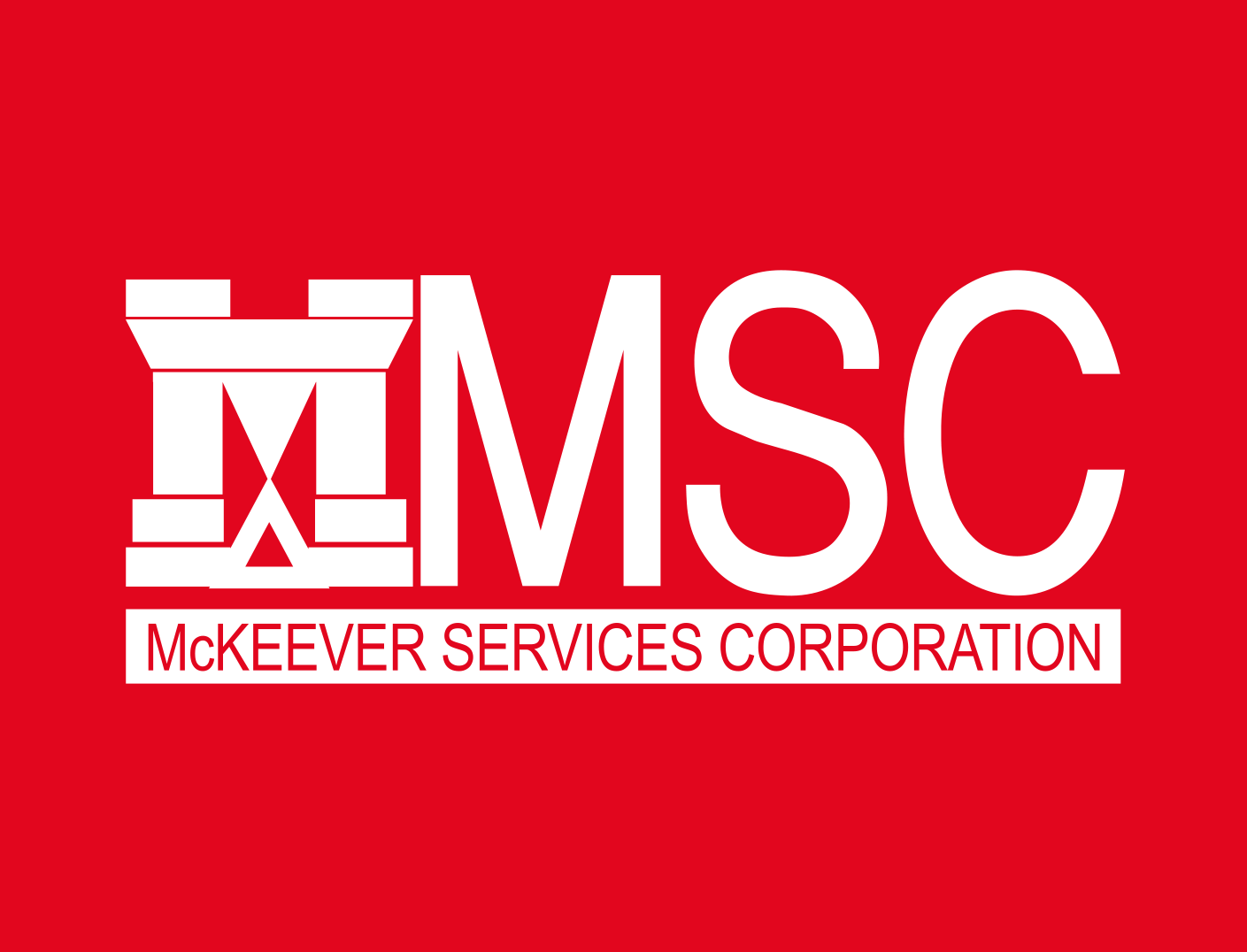Everyone knows that building permits are necessary in order to start a construction project
However, every jurisdiction has subtle and not so subtle differences in zoning, laws, regulations, building codes and requirements. That even is true, when it comes to presenting architectural drawings and plans. All that can make the difference between a project sailing through the process with minor revisions or experiencing major delays.
When it comes to new construction and renovation on projects ranging from a few thousand to many millions of square feet (including but not limited to, commercial office; mixed-use; residential; government facilities; retail; food service; hospitality; healthcare; education; industrial; religious; museums and financial services) , our knowledgeable team brings to the table unparalleled experience in regulatory process management and a comprehensive understanding of the variations and specifications in regional jurisdictions’ permitting requirements.
Success with permitting is no fluke; it is the result of smart, meticulous preparation and execution, ensuring that fees, plans, structural details and all related schedules are locked down and in order, with a full knowledge of each jurisdiction’s laws, regulations and interpretations of regulations.
In that regard, MSC helps you to:
- Determine the jurisdictional fees for all necessary permits for budget and project timeline purposes as early in the process as possible
- Review the complete package of plans and applications for both compliance with the laws and regulations; presentation of the information in the way in which the government agency will accept it; and completeness of the information in the package.
- Do a critical review of the submission package to determine if any additional steps are necessary in the submission process such as:
- Structural sheets that may indicate the need for a critical structure review.
- Comprehensive land and building analysis
- All plans are signed and sealed
- Review the size, scope and schedule docs
Traffic Control Plans
Traffic Control Plans are necessary whenever a construction project will disrupt pedestrian or vehicular traffic or pose a threat to public safety due to:
- Construction vehicles parking on roadways or sidewalks
- Extra traffic or parking in an area from construction vehicles such as dump trucks, graders, cranes, etc. and construction workers’ commuter vehicles
- Exterior construction overlooking sidewalks or roadways
- Placing construction materials on roadways or sidewalks
- Excavation in roadways or sidewalks to install utilities, sheeting and shoring or building foundations
- Construction of fences, retaining walls, driveways or any paving in public spaces.
- Permanent installation of public art, sign(s), flag pole(s), bench(es) or other fixtures.
MSC develops the traffic control plans to meet each jurisdiction’s laws and regulations: and based on each unique project and traffic configuration. The plans are developed quickly and professionally by trained and certified personnel. Clients save time on their project plan because MSC project managers can coordinate building plan review with TCP plan development and permit submission to save time on the preconstruction process and get construction started sooner.
Peer Review
In the greater Washington DC Metro area—Prince George's County, Fairfax County and the District of Columbia all employ peer review procedures designed to fast track the permit process. Implementing peer review may save months on a permit and project schedule, or it may make no difference at all. MSC's project managers know when and how to use peer review or not— to achieve the most cost effective and timely result for our clients.
The peer review concept and process is to have your plans, blueprints, and permit package reviewed by a county certified architect and design professional prior to being submitted to the local jurisdiction for final approval. The peer reviewing firm requires the organization requesting the permits to make any needed modifications of their documents, record the history of changes and certify that the total submission package adheres to all appropriate jurisdictional regulations and laws related to the project.
MSC expedites the peer review process
MSC is the area’s preeminent, peer review process specialist. In fact, MSC has coordinated almost 70% of peer reviews in Fairfax County alone. MSC has perfected this process, and knows how to take it to completion.
Typical Peer Review vs. Non-Peer Review Schedule
Working the permitting process to your advantage: Modified processing
Years ago, MSC authored modified processing as an innovative tactic for moving permitting forward at a faster pace.
Modified processing allows for issuances and extensions of partial permits, prior to full approval of site and building plans. It also gives authorization to subdivide and compartmentalize the site plan, so that separate areas can be strategically addressed.
Typically, modified processing is applicable when projects are at least $25 million in scope— $20 million for the structure itself, and $5 million for the land. MSC was the first company to initialize and support modified processing with property management permit issuance.
Modified processing:
- Allows matching of elements of site plan with other permits
- Guarantees fast review
- Ensures that the only bond agreement required is Cash for Conservation
- Permits can be extended
- Increases project flexibility
- Decreases overall project time
For more information about MSC’s permitting expertise and about how modified permitting may be applicable to your project, click here.




